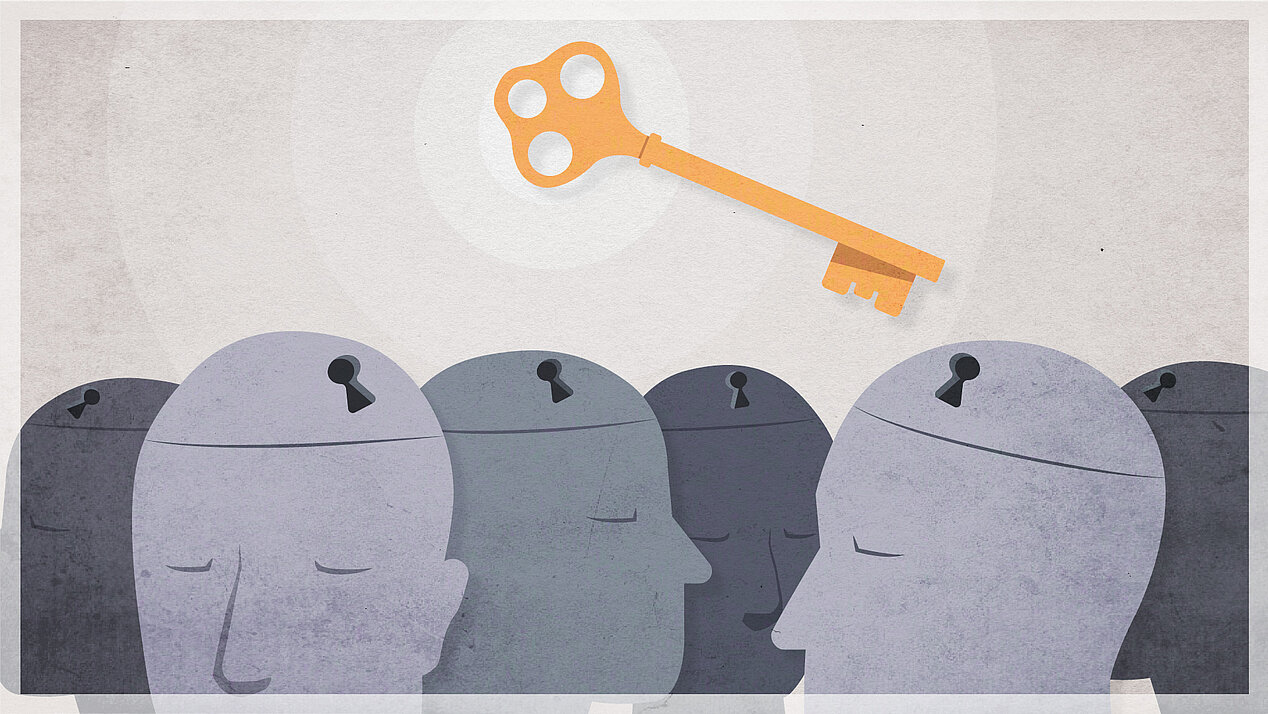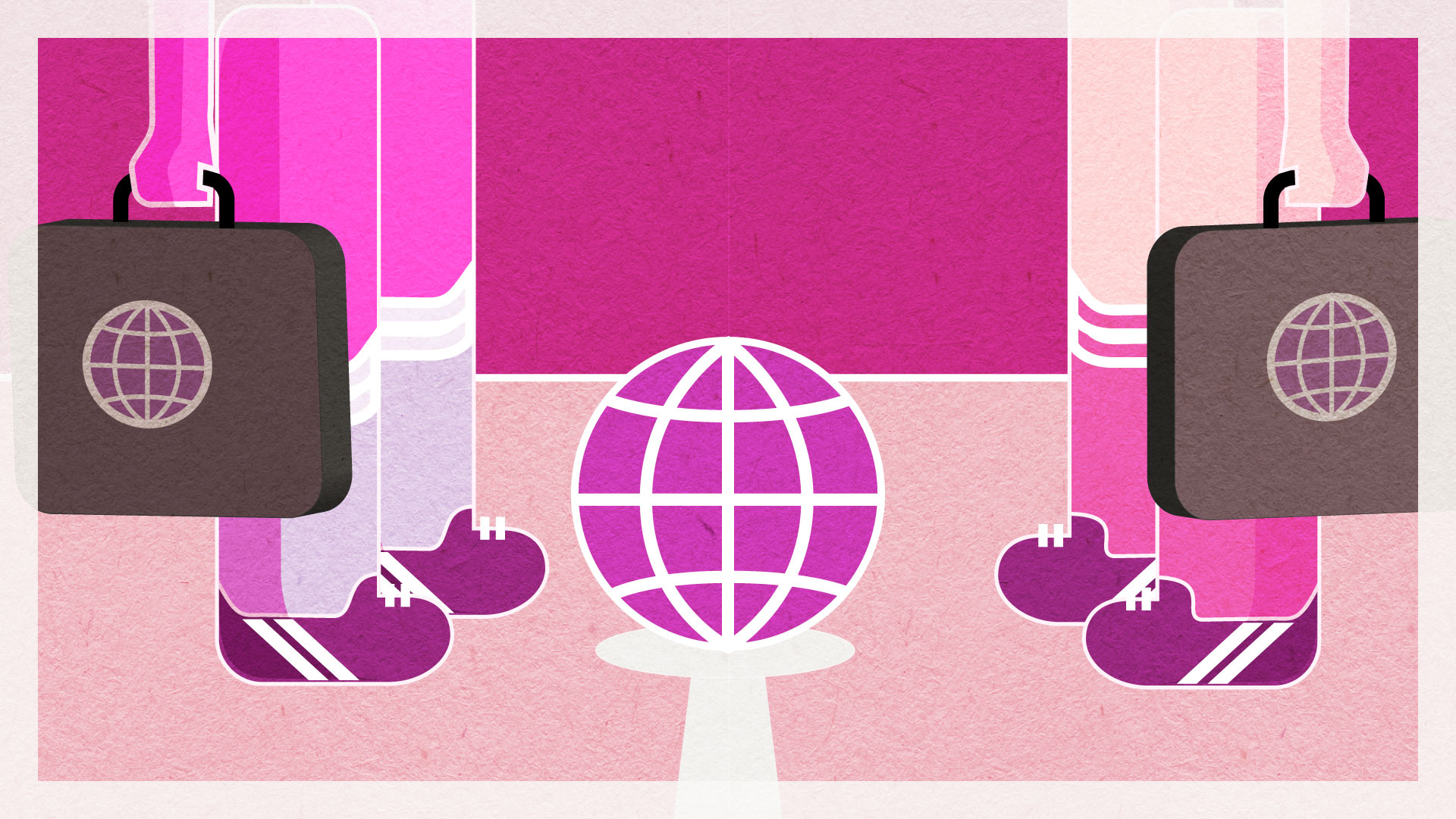ifa: What makes populism or authoritarianism so successful in the political landscape today?
Shoshan: Populism can mean many things, from resentment against elites or claims about the true and unique essence of the people to hostility and scapegoating of cultural, religious, ethnic or sexual difference. Populism also can be used as a strategically deployed label to delegitimize movements and actors that question the status quo. The rise of authoritarian populist discourses owes to multiple factors, of which I will mention three here.
First, together with the ostensibly unprecedented democratization after the fall of the Soviet bloc we have witnessed a crisis in the capacity of democratic regimes to sustain previous modes of self-legitimation. Established ways of justifying ideologically the domination of political elites over populations in democratic states had become increasingly obsolete, much for the same reasons already mentioned above. The nostalgia we see today for those lost futures of collective wellbeing offers fertile ground for certain types of authoritarian politics.
More important than objective measures of deprivation are subjective experiences and perceptions, which emerge from frustrated expectations and assumptions about personal and collective futures.
Second, the recent revival of race and the renewed legitimacy of its usage as a pseudoscientific biological – rather than social – category inspires majoritarian political ideologies today. Tabooed and repressed yet always latent, biological concepts of race have returned forcefully in popular renderings of advances in genomic science and are employed for multiple political ends today, for example to argue for the putatively different intelligence levels of racial groups.
Finally, technological developments, like digitalisation, have generated powerful challenges to previously consolidated modes of authorizing public discourses (such as officially validated expertise), which no longer command the same capacity to shape political debates. This process has enabled heretofore silenced voices to be heard, and has therefore yielded profoundly decentralizing, democratizing, and emancipatory effects, yet it has simultaneously contributed to legitimizing right-wing populist discourses.
The nostalgia we see today for those lost futures of collective wellbeing offers fertile ground for certain types of authoritarian politics.
ifa: You have conducted research in the field of what you call 'The Management of Hate'. What can political ethnography contribute to understanding right-wing extremism?
Shoshan: Ethnography entails the development of intimacy with those whom we study. Looking up close, what we see is very different from distanced impressions, and we can observe with greater detail the unfolding of complex processes. Instead of defining categories in advance, ethnography allows – indeed, demands – an approach that is more open-ended and receptive to the heterogeneity of the social world. Moreover, especially with illicit or strongly tabooed topics, the proximity and confidence we establish with our interlocutors may grant us access to data they would otherwise be unlikely to share.
When I began my study, I could find virtually no ethnographic research on right-wing extremism, a field studied largely from a safe distance, for example using statistical surveys, structured interviews in staged settings, or analyses of political rhetoric, propaganda, and literature. My observations and conversations with my young interlocutors led me to question, for example, the very category of extremism, which hardly corresponded with the diversity of ambivalent and shifting positions that I found. They similarly confronted me with the dynamic nature of political identification that academic research often understands as immutable.
ifa: Why do state preventive measures, such as anti-racism messages and heavy-hand measures against neo-Nazis, often fall to stony ground or cause the opposite?







